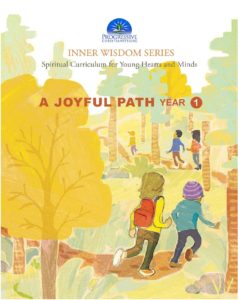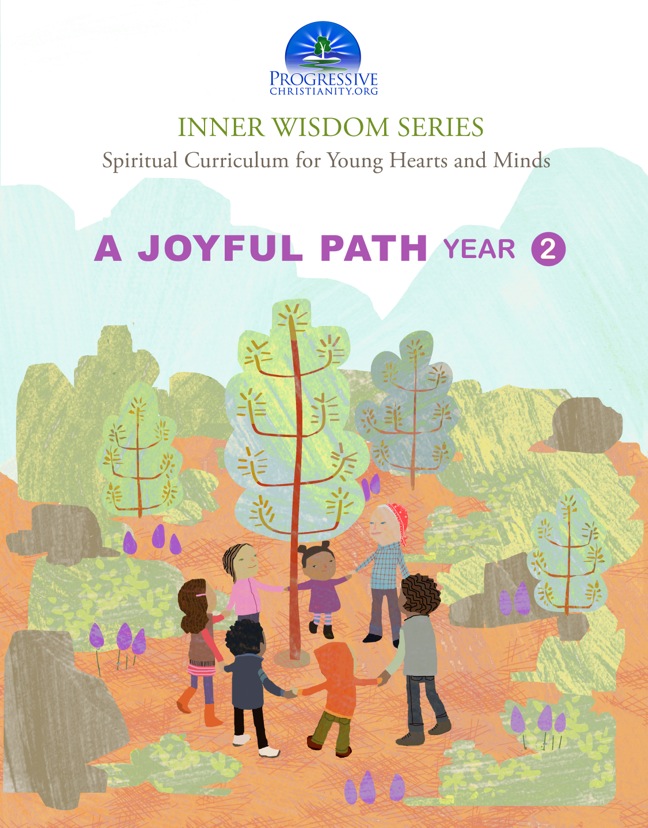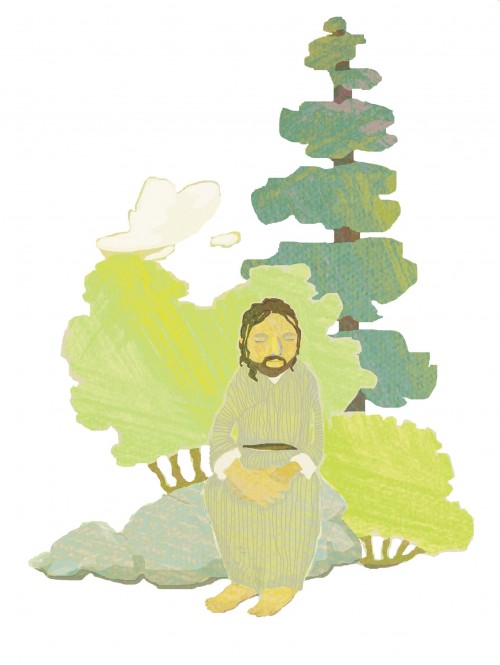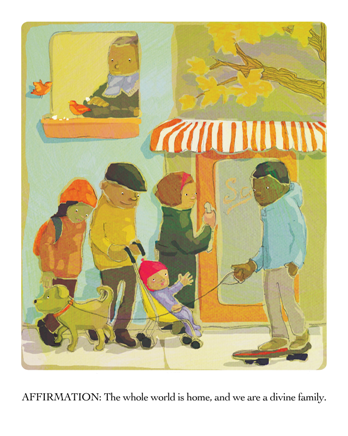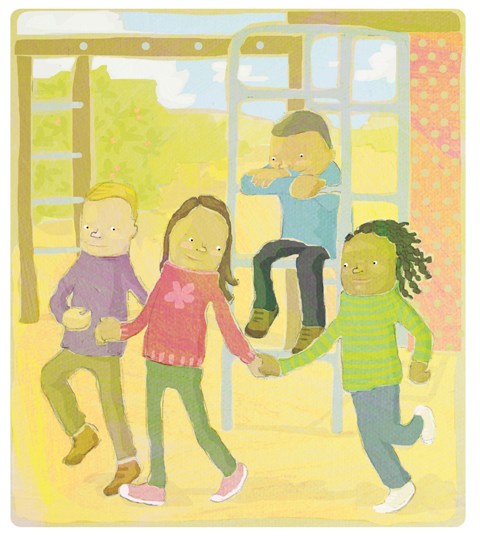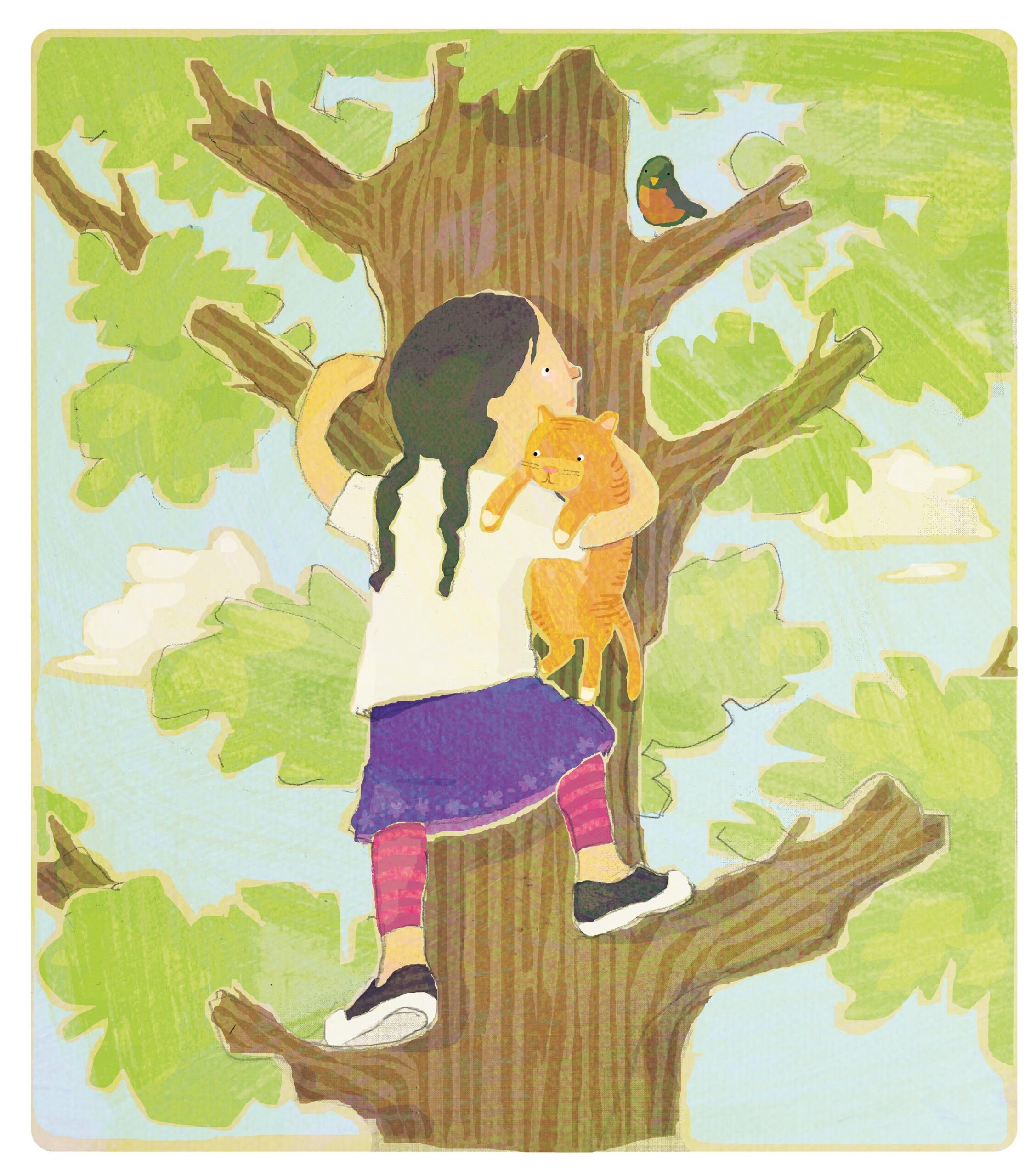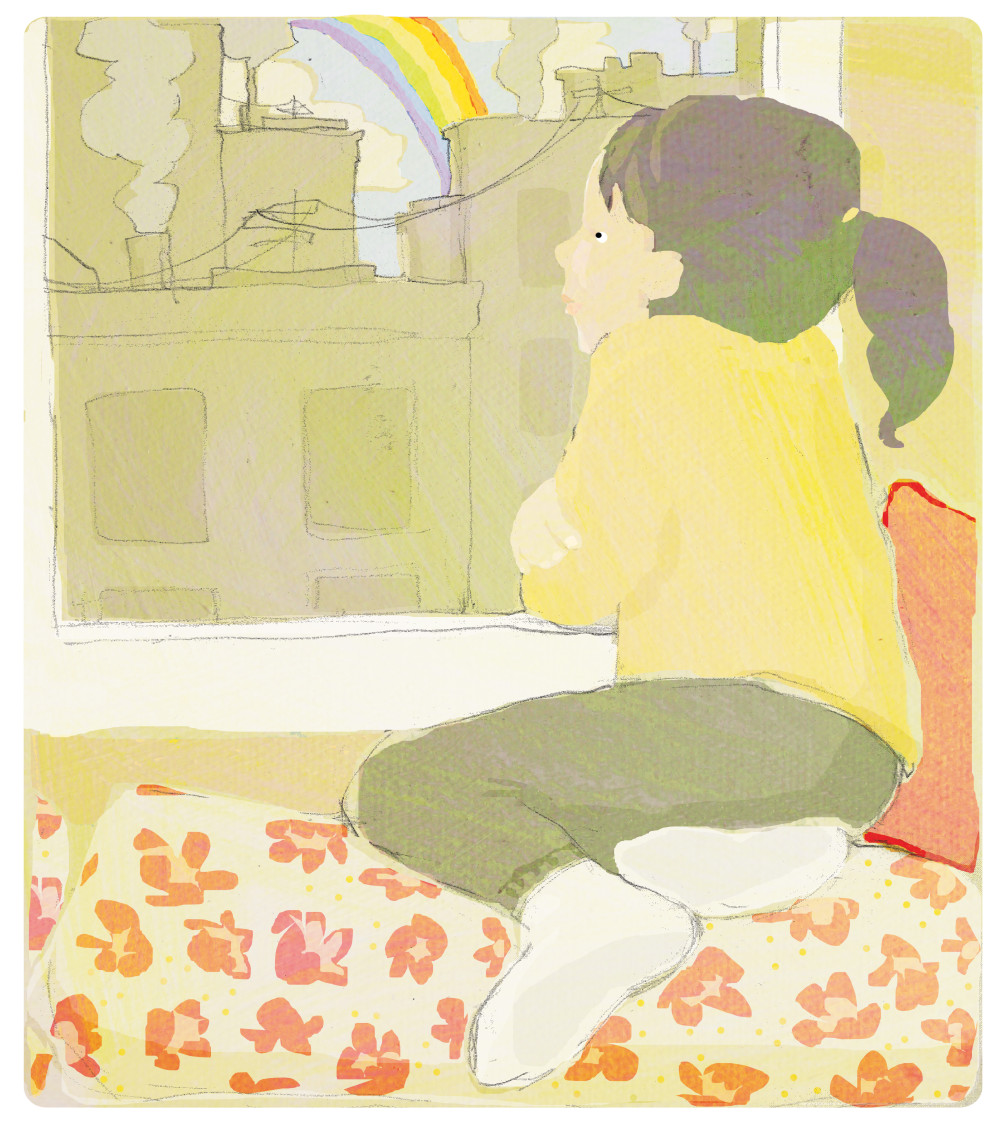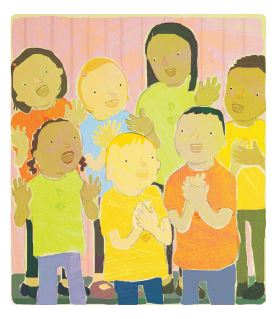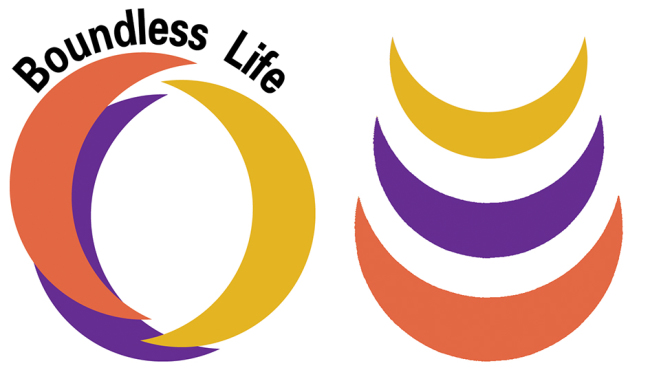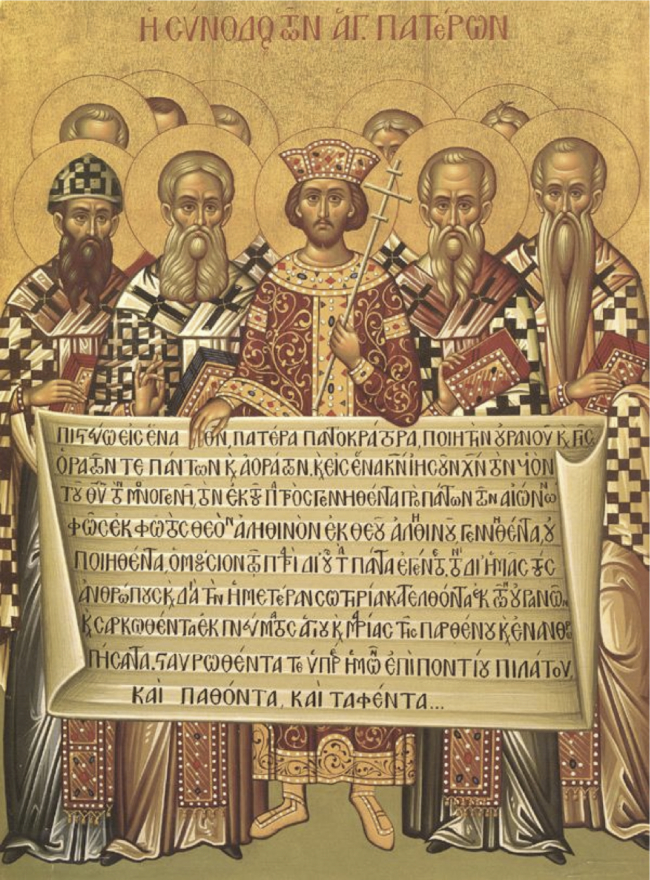For both Classroom and Home Schooling
Are you searching for a way to connect children with an authentic spiritual experience that is inter-spiritual, creative and multi-layered? A Joyful Path is truly progressive Christian curriculum that is inclusive, joy-full, compassionate, and intelligent.
In A Joyful Path, Year Two, we focus on some of the main tenets of Progressive Christianity and Spirituality, giving our children the foundation they need to walk the path of Jesus in today's world. It has stories and affirmations written to help children clarify their own personal beliefs while staying open to the wisdom of other traditions.
Download the PDF of A Joyful Path, Year One, Lesson #2- "A Teacher of the Way; Who Was Jesus?" right into your digital device. The Jesus story offers a reflection of our own inner potential and a timeless example of how to live a life of God awareness and true freedom.
When we see God within ourselves and others, being kind is natural.
Finding ways to be a blessing to others is the best way to avoid doing harm. The idea of non-injury or harmlessness extends beyond our actions to our words and thoughts as well. We don’t want to burden children with guilt about their thoughts, but we want to offer opportunities to infuse their hearts and minds with thoughts of blessing and peace toward others.
Courage does not mean fearlessness and is a quality that exists within all beings and can be accessed at any time. We need only to turn inward to face life’s challenges with the courage that is already ours. Feeling anxious or fearful of new outward circumstances is normal for most people, but finding the courage to face those circumstances means recognizing that our divine nature is perfectly equipped and we have the inner resources to handle challenges.
The more we choose to see beauty and goodness, the more we will live in happiness and joy. High-mindedness is looking at life’s experiences from the high ground, where beauty and joy can be seen beyond ugliness and hardship that can cloud our vision. It is a conscious choice to keep company with positive thoughts and to be happy. High-mindedness is not pretending ugliness does not exist; it is really a celebration of divine goodness everywhere.
When we exclude others, we refuse to relate to realities different than our own, and we keep our experience defined in a way that is comfortable and familiar. If we want children to be inclusive, we have to help them redefine their experiences in a broader way. For instance, if older children exclude a younger child from a ball game because she can’t catch the ball, we can guide them to give her a special job that makes her feel part of the game. Finding a way to include her will expand their limited thinking. Scolding them for excluding her will most likely make them resentful, which leads to closing the heart. Accepting and coping with outward differences is an important step toward opening the heart to others. But to really include others in our reality, we must understand that despite apparent differences, there is only one self, one spirit, and one true reality, underlying all that is. The more children experience their own spiritual nature, the more they will recognize the one spirit in all.
From the Boundless Life collection
When we discern Earth's fractured face, When parts diverge to form extremes, Can joining hands suffice to build A world fulfilling Gospel dreams?
From the Boundless Life collection
We are always part of the other And the other is part of our-self For nothing is as simple as it seems.
An Open-Ended “Creed” for a Progressive Christian
I have often said so-called “progressive Christianity” is a notion forever in search of its own elusive definition; and that’s as good a way of explaining it as we may be able to find. We live in a post-modern world that considers the age of Enlightenment to be a post-facto reality. As such, “progressive” thinking in an age of Reason has pushed the boundaries of nearly every facet of life, except one: those ‘traditional’ or ‘orthodox’ beliefs, based on certain creeds, doctrines and dogma that still dominate what it presumably means to be “Christian.” It hardly needs to be said that it is also why so many one-time believers have outgrown their one-time faith. Calling them merely “lapsed” is misleading. So much has elapsed in the world we have all come to know and take for granted, that the once-dominant Church -- -- despite all its denominational varieties -- has fast become a post-modern relic. Yet any critical examination of how Christian scriptures developed and how the history of the tradition evolved will quickly demonstrate how it has always been in a constant state of flux. Or, if you like, “progression.” It was only when it stopped and got stuck that we traded in the tent for a temple, and snuffed the life out of a movement that is progressive by its very nature. What then would constitute an honest statement of belief for at least this "progressive Christian?"
From the Boundless Life collection
We the many all belong To life’s ever-changing song. We are part of life’s great ocean Finding rest within its motion.
From the Boundless Life collection
Aid will never save the world Without changes in our lives. Systems which embrace us all Foster wealth’s destructive drives.

